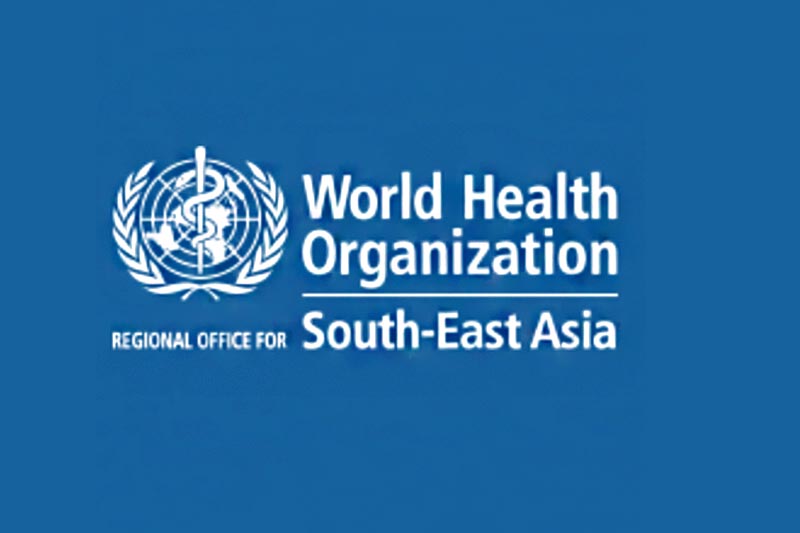‘Accelerate bid to eliminate cervical cancer’
Countries need to expand vaccination, screening, detection and treatment services
Kathmandu, September 6
World Health Organisation urged countries in its South-East Asia Region to accelerate efforts to eliminate cervical cancer by 2030.
Cervical cancer is a major public health problem in the region. In 2018, an estimated 158,000 new cases and 95,766 deaths were reported due to cervical cancer, which is the third most common type of cancer.
Addressing cancer risk factors and reducing its prevalence have been a regional flagship priority since 2014.
All countries in the South-East Asia Region are taking measures for screening and treatment of pre-cancers. Four countries in the region — Bhutan, Maldives, Sri Lanka and Thailand — have introduced human papilloma virus vaccine nationwide, state a press release issued by World Health Organisation.
“Countries need to expand vaccination, screening, detection and treatment services for everyone, everywhere to address the growing problem of cervical cancer,” said Poonam Khetrapal Singh, regional director of WHO South-East Asia, at the seventy second session of WHO Regional Committee in Delhi.
“We need to scale up both our capacities and quality for screening, treatment services and palliative care,” the regional director said.
Vaccination against human papilloma virus, screening and treatment of pre-cancer, early detection, and prompt treatment of early invasive cancers and palliative care are proven effective strategies to address cervical cancer.
Member countries are working towards achieving interim global targets — 90 per cent girls fully vaccinated with human papilloma virus (HPV) vaccine by 15 years of age; 70 per cent women screened with a high-precision test between 35 and 45 years of age, and 90 per cent women identified with the cervical disease receive treatment and care by 2030.
The regional director said there was need to strengthen national cervical cancer control plans, including appropriate strategies and guidelines for immunisation, screening, treatment and care, including palliative care.
“It is necessary to include these services in the essential service packages for universal health coverage to meet the targets,” Khetrapal Singh said.
WHO is prioritising cervical cancer elimination as worldwide cervical cancer remains one of the gravest threats to women’s lives.
WHO’s South-East Asia Region comprises 11 Member States — Nepal, Bangladesh, Bhutan, Democratic People’s Republic of Korea, India, Indonesia, Maldives, Myanmar, Sri Lanka, Thailand, and Timor-Leste.






